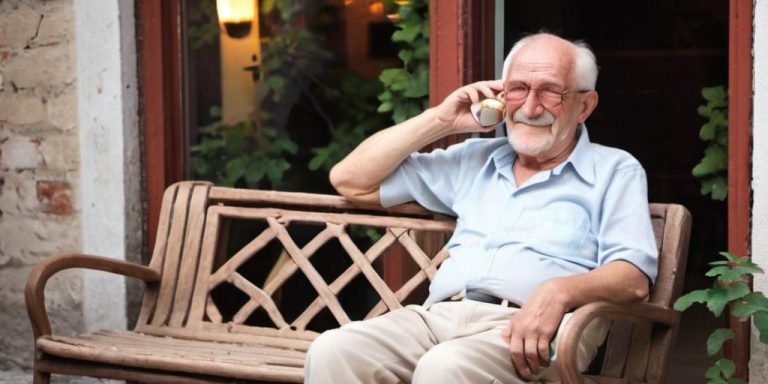
A richer retirement isn’t just about having more money. It’s about having more freedom, fewer worries, and enough income to do what you want, not just what you can afford. But most people confuse retirement planning with guesswork or wishful thinking. In reality, what you end up with depends on a few practical decisions made decades earlier. Not one-off windfalls or late-game catch-ups — but early habits, smart use of tax wrappers and a clear understanding of what retirement actually costs.
Start with how much you’ll really need
Most people underestimate their future expenses or assume retirement means spending less. That’s sometimes true in the very long term, but not at the start. The first decade of retirement often includes higher spending — travel, hobbies, helping kids, replacing home essentials, paying off debts. Retirement doesn’t always mean slowing down. It often means catching up on everything you didn’t have time for before.
A decent rule of thumb is aiming to replace 60–70% of your working income each year. But the real number depends on your lifestyle. It’s better to over-prepare than to assume future-you will magically enjoy budgeting and cheap tea bags.
Save earlier, save smaller
The easiest way to get richer later is to save smaller amounts earlier. The longer your money sits in a pension or investment account, the less work you have to do. That’s not just because of compound interest — it’s because early savings allow you to take more calculated risks. Stocks and shares are volatile in the short term, but over 20 or 30 years, they tend to outperform safer options like bonds or savings accounts. Early savers can afford the dips.
The later you start, the more you have to rely on big contributions or unrealistic returns. That’s stressful, expensive and often doesn’t work.
Use every tax advantage available
The government doesn’t give out free money often, but pensions and ISAs are the exceptions. Pension contributions get tax relief — meaning the government adds to your pot every time you do. A basic-rate taxpayer only needs to put in £80 to have £100 added to their pension. Higher-rate taxpayers get even more back through tax returns.
ISAs, especially Stocks and Shares ISAs, let your investments grow without capital gains or income tax. Over decades, this adds up to thousands in saved tax. Use both accounts if you can. There’s no reason not to.
If you’re under 40, a Lifetime ISA adds another layer of benefits, with a 25% bonus on contributions — up to £1,000 a year. These incentives make a measurable difference. The earlier and more consistently you use them, the richer your retirement becomes.
Don’t trust averages — plan for your own life
Most financial advice is based on averages. Average lifespans, average returns, average costs. But no one is average. Your life may be longer, your expenses higher, or your work life more unstable. Relying on “typical” outcomes is risky. It’s better to build in extra padding.
Assume you’ll live longer than expected. Assume inflation will be worse than you like. Assume you might need to help others. Saving with those assumptions won’t leave you short. It might even give you options — like retiring early, reducing your working hours or saying no to work you hate.
Revisit and adjust
A retirement plan made at 30 doesn’t fit your life at 50. People change. Jobs change. So should your savings rate, your investment choices and your target income. Check in once a year. Increase contributions when you get a raise. Reduce risk as you approach retirement, but not too early — too much caution too soon can slow down your growth.
What makes the biggest difference isn’t timing the market. It’s not missing years of opportunity because you “meant to get around to it.”
Seen from Pension Gruber
We’ve hosted retirees who live like they’re on holiday because, well, they are. They planned early, saved steadily, and now they book extra nights, order the wine without checking the price, and bring their grandkids along. We’ve also seen guests cut trips short because they didn’t budget enough for leisure — or because every expense still feels like a guilty splurge.
The richer retirement isn’t about luxury. It’s about ease. Not checking your bank balance every morning. Not panicking when the car breaks down. Not working part-time when your body says it’s time to rest.
A richer retirement comes from small habits, not big sacrifices. It’s boring. It’s slow. And it works.





